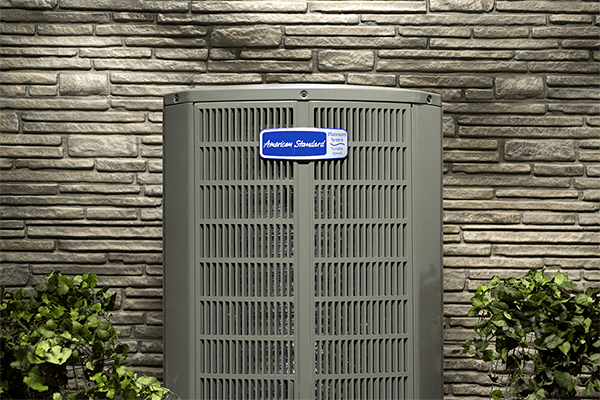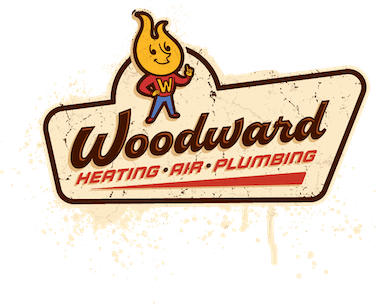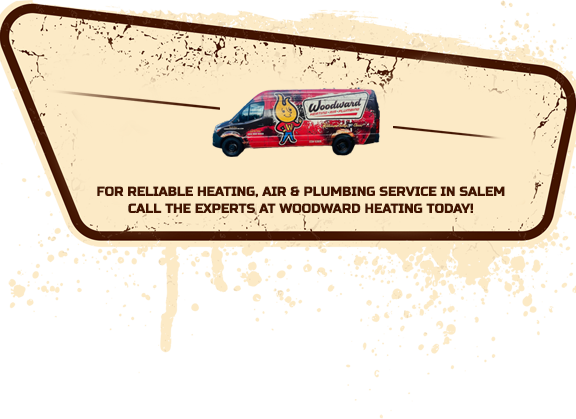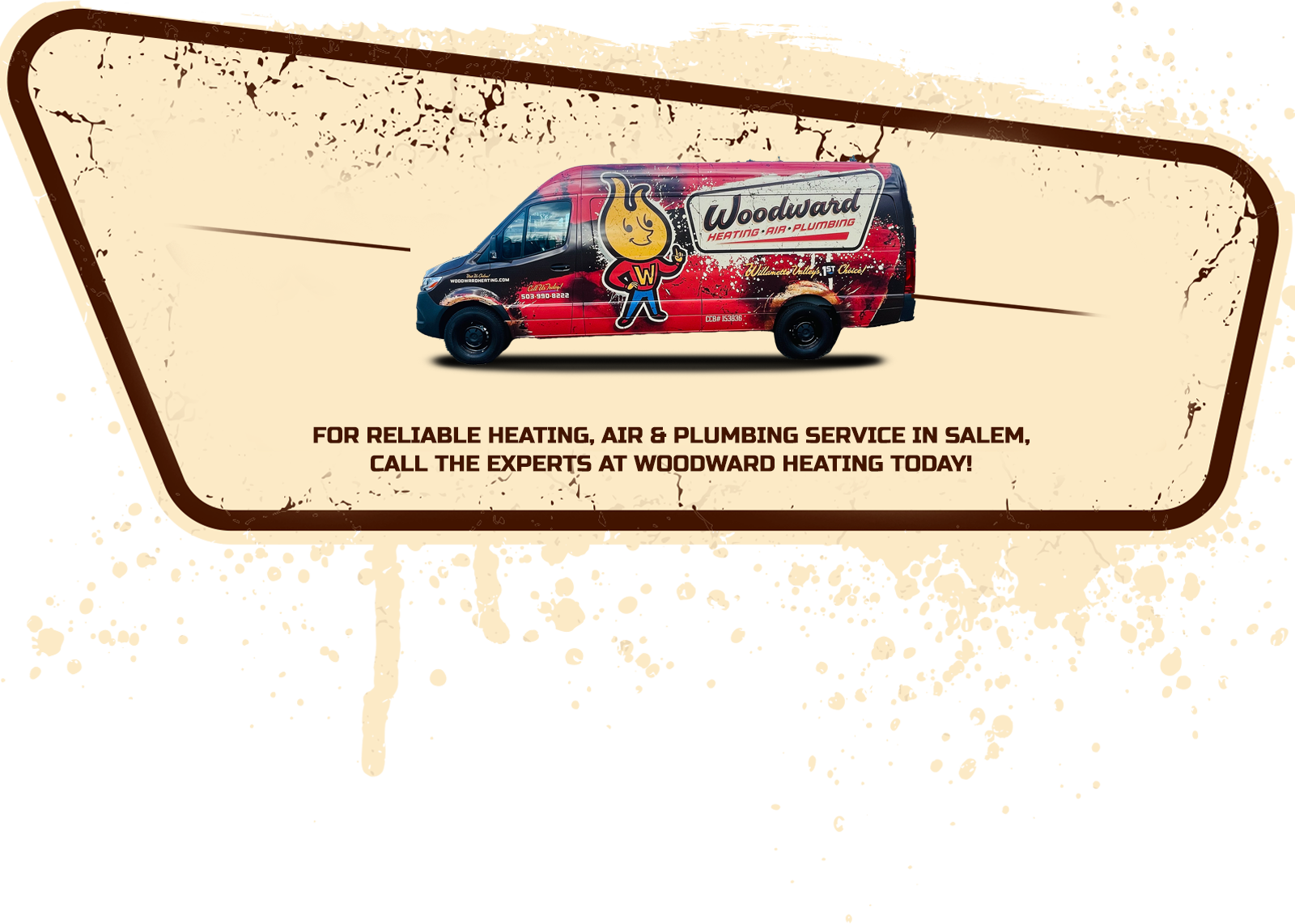
During summertime, you might need to run your air conditioner for a longer time than usual. Continuous use decreases its efficiency and puts strain on vital AC components. Fortunately, there are several ways you can make your AC work better to maximize its efficiency and improve its lifespan. Follow the tips below to ease the burden on your AC and save on your energy bills.
1. Upgrade Your Thermostat
Constantly tampering with your thermostat can make your AC run longer than it should. This can cause frequent on and off cycles that will strain the unit. If you have a manual thermostat, consider upgrading to a smart or programmable one. With a programmable thermostat, you can pre-set it to cool specific parts of your house at a particular time.
On the other hand, you can connect a smart thermostat to Wi-Fi and operate it from your mobile devices. It can also adapt to automatic temperature settings based on your schedule, weather patterns and cooling needs. Such thermostats help you cool your house only when it’s occupied. This will help prevent energy waste, and since it reduces the amount of time you need to run your AC, it reduces wear and tear on your system.
2. Keep Heat-Producing Appliances Away From the Thermostat
If you place your thermostat too close to the fireplace, ovens and other heat-producing appliances, it might provide false readings on your AC. The unit will cool your house more than needed, resulting in higher utility bills. Therefore, avoid placing the thermostat in areas exposed to a high amount of heat. You can also try using heat-emitting appliances in the evening or while no one is at home. Still, you can use an exhaust fan to expel heat from the kitchen while cooking.
3. Change the Air Filters Often
A clogged air filter significantly impedes airflow. When this happens, the evaporator coils can freeze up, leading to the inefficiency of the entire system. You will begin to notice some hot and cold spots throughout your house. Even worse, with a clogged air filter, the AC can recirculate contaminants back into the home, which can cause allergic reactions and respiratory problems. Dirt buildup also strains the unit, leading to early malfunction. So, it’s a good idea that you clean and change your air filters often.
4. Insulate Your House
You need to fix any leaks in your house that let in hot air and allow conditioned air to seep out. Leaks make your AC work harder. Install a thick layer of insulation in the attic, basement, ceiling, walls, crawlspaces and floors. Check for leaks around your windows, and seal them with caulk or weatherstripping.
5. Make Use of the Fan
When the weather is warm and not scorching, try using the AC’s fan setting, which creates a relaxing and refreshing breeze. You only need to run the AC when necessary to reduce energy waste and unnecessary strain. Alternatively, you can use ceiling or floor fans at such times to ease the workload of your unit. Keep in mind that the fan uses much lower energy compared to the AC. Even in extreme temperatures, you can run the fan along with your AC. A fan increases the circulation of cool air throughout the house, so you can set the AC above 78 degrees to save on energy.
6. Inspect the Ductwork Often
Leaky or loosely connected ducts can lose up to 20% of the conditioned air. This results in inadequate cooling and high utility bills. Therefore, check for leaks along with the ductwork and have a professional repair them. Also, in most households, the ducts run through unconditioned spaces, like the attic, garage and basement. The air in the ducts may lose its coolness in such areas, and when it finally gets into the house, it may not be as cool as expected. It’s vital, then, that you insulate air ducts in such places to prevent energy loss.
7. Clear the Drain Line Often
The AC draws out moisture from the indoor air, which then condenses and flows out to the drain pan. Sometimes bacteria and dust particles can accumulate within the drainage system, causing a blockage. Water may begin to back up, which can damage vital AC components. It might also freeze up and affect the unit’s cooling capacity. To avoid such problems, clean the drain line at least once a month. Pour one-quarter cup of vinegar into the drainpipe, leave it for 30 minutes and then flush with water.
8. Keep the Vents Clear
Blocked vents slow down airflow, which can strain your unit. You need to vacuum or dust the vents every month to remove any debris and maintain steady airflow. Rearrange your furniture and keep any other obstructions a few feet away from the vents.
9. Keep the Doors and Windows Closed
Direct sunlight can raise the temperatures in your house, so your AC needs to work harder to maintain comfortable conditions. If you have some west- or east-facing windows, keep the blinds and curtains drawn to block sun rays. However, you can still open the windows early in the morning and at night to let the cool breeze in and allow for natural cooling. If you must air the house during the day, turn off the AC.
10. Take Care of the Outdoor Unit
The AC’s outdoor unit is more susceptible to debris accumulation that can limit airflow. To prevent this, keep plants and trees at least 2 to 3 feet away from the system, and clear off any leaves or sticks that fall on the unit. It’s also a great idea that you shade the condenser unit. Remember that excess sun can cause the system to work harder. Tall trees and shrubs can provide shade, but you need to wrap the unit to prevent leaves and grass from clogging the condenser.
11. Keep up With Maintenance
Scheduling preventive maintenance for your AC can also help ensure that it serves you well for its entire expected lifespan. Have professional technicians check your unit regularly to make sure that everything is working correctly. They will fasten any loose connections, lubricate moving parts, clean the air filters, check the coils and recharge the refrigerant. This way, you can lower your energy bills and avoid frustrating breakdowns in the middle of the summer season.
Need Help in Improving Your Unit’s Efficiency? Contact an Expert
An AC is one of the most energy-consuming appliances in any household. Since it’s also a substantial investment, you wouldn’t want to replace it too soon. The above tactics can help your AC circulate consistently cool air at a lower cost with less wear and tear. If your current AC is old, you may need to upgrade to a new and more efficient system. Also, work with an experienced technician to ensure that you have a unit that is the right size for your home. Remember to inspect and clean the AC regularly to get the most out of it.
Whenever you need professional assistance with your AC, you can reach out to Woodward Heating Air Plumbing. We can help you with heating and cooling installation, maintenance and repair services. Our company also provides indoor air quality, duct cleaning, thermostat and fireplace services in Salem, OR, and the nearby areas. Call us now and request our services.





